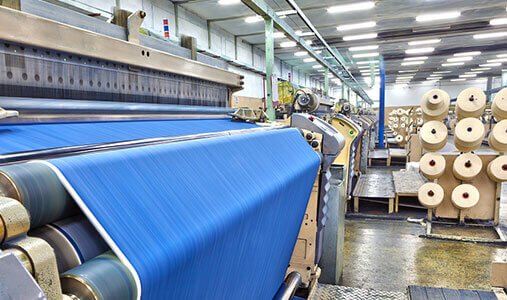Quality and reliability of the machinery: The textile industry relies heavily on the performance and durability of the machines used to produce fabrics and garments. Therefore, it’s essential to invest in high-quality textile machinery that is built to last and can handle the demands of the industry.
Efficiency and productivity: Textile machines must be efficient and productive to keep up with the fast-paced nature of the industry. Investing in advanced technology and equipment can help increase speed, reduce downtime, and improve overall productivity.
Flexibility: The textile industry is constantly evolving, with new trends and designs emerging all the time. Textile machines must be able to adapt to these changes and handle a wide range of different materials and styles.
Cost-effectiveness: Textile production is a competitive industry, and businesses must find ways to reduce costs while maintaining quality. Investing in energy-efficient machinery and implementing cost-saving measures can help improve profitability.
Maintenance and service: Textile machines require regular maintenance to keep them running smoothly. It’s essential to have a reliable service team in place to handle repairs and preventative maintenance.
Automation: Automation can be a great way to improve textile machine performance by reducing labor costs, increasing efficiency, and improving product quality.
Environmental friendly: Textile industry is one of the most polluting industries, textile machine should be designed to minimize pollution and waste, and to conserve resources.

